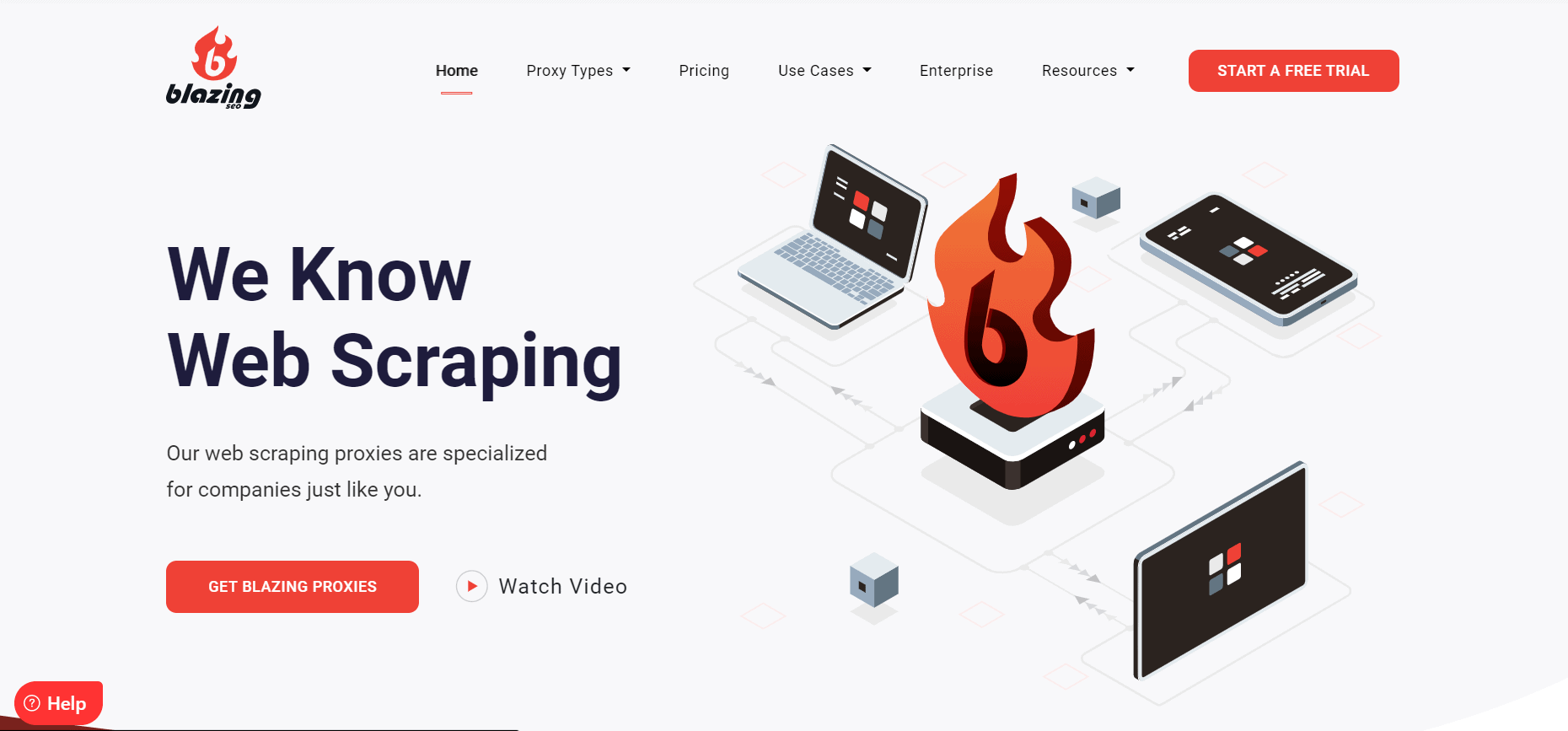Want to find How to Use SEO Proxies for Keyword Research? Here is a complete guide to help you out.
SEO stands for search engine optimization, and chances are you’ve heard the term before you ever realised what it meant. For both online and offline businesses, ranking high in keyword searches on any internet search engine is critical.
You want people to be able to find your amazing company with ease. Instead of sifting through keyword searches pertaining to your industry, you can utilise web scrapers in conjunction with SEO proxies to receive the best, most thorough results for your research.
Content Outline
What Is An SEO Proxy And How Does It Work?
We should spend more time learning about SEO and keyword research before diving into proxies. In a nutshell, search engine optimization (SEO) is the practise of optimising a website’s content so that it can be found quickly using a search engine.

When it comes to driving organic traffic to your website, SEO is crucial. This traffic is referred to as a “warm lead,” and it converts at a higher rate than any other marketing approach. Many companies pay close attention to their SEO success since it functions as an online referral from a good friend.
For the greatest results, an SEO proxy is frequently required. Proxy servers offer you a proxy IP address that hides your real IP address from the websites you visit.
This is really useful for research because it allows you to remain completely anonymous while searching. This means you can see how your website ranks without having your browsing history cached. A search engine is likely to recognize your device’s IP address and, as a result, rank your business higher in search results. With a proxy IP address, you may create a sort of control group to conduct proper research on your website’s rankings without becoming bogged down in the process of attempting to remain anonymous.
Also read:Blazing SEO Proxy Coupons
Search Engine Proxy: How To Scrape For Better SEO?
As a person, you can only enter keyword searches manually when it comes to SEO research and SEO proxies.

Because the internet moves more faster than a single person searching for keywords, using a web scraper will substantially save your work time and provide you with access to far more data.
Web scrapers may collect data from a variety of sources that would take a human a long time to sift through manually: search engine results, product feedback, social media activity, and more. You can use whichever scraper you choose to pull the data into one place and begin analysing it right away.
Using a keyword scraper reduces your research time dramatically from collecting to analysis. Your time is valuable, and you shouldn’t have to waste it sifting through comments and search engine results—you want your firm to get up and running as quickly as possible, and you want to be able to apply new techniques at any moment. You must be agile in order to keep up with the speed of change on the internet these days.
Conclusion
Web scrapers and SEO research go hand in hand, and they’re most effective when used in conjunction with a proxy. People innovate on the technology we use to sift through all of the data as the amount of data we have access to grows. Using a scraper and SEO proxies to improve your business might be straightforward. You’ll be able to do more and watch your business grow as a result.

